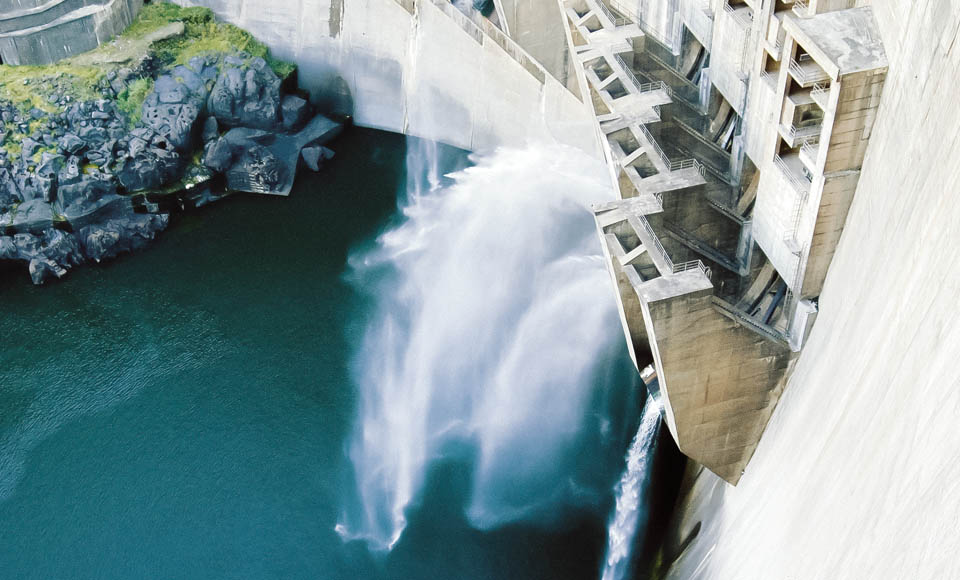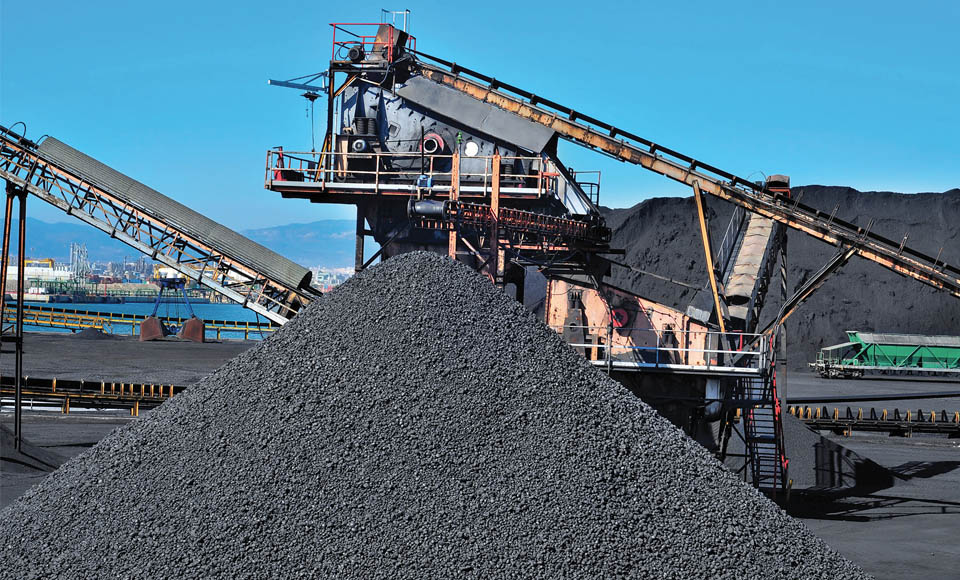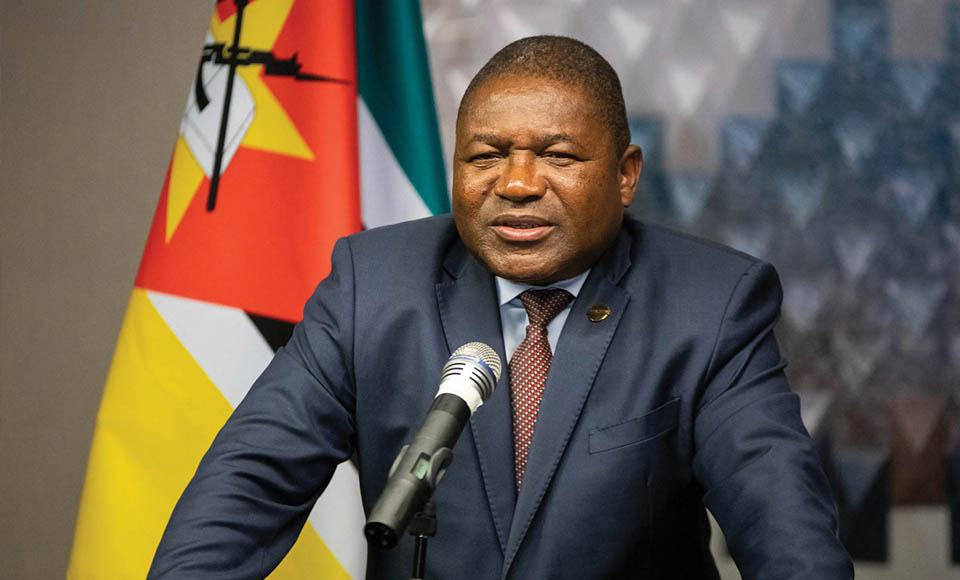João Almada
Mozambique two decades ago was a very different country than it is today. The population in 2003 had just broken 19 million, today it totals 34 million, which corresponds to an increase of practically 79%, an explosion in growth in a continuing trend that undoubtedly reflects a very relevant factor to take into account as regards this country.
20 years ago, the country was still basking in the praises of an “exemplary student”, a label handed down by the international community in keeping with the political stability and, above all, for its economic growth and development – Mozambique turned in double digit growth in the second half of the 1990s.
On the political level, the situation was reasonably stable following the whirlwind of accusations by Renamo, the main opposition party, as regards eventual fraud in relation to the December 1999 elections. These were the final times of Joaquim Chissano as President of the Republic.
Succession in Frelimo, the ruling party, took place smoothly. Armando Guebuza rose to the presidency of the party and the Republic in the election of 2004. His first mandate (2005/9) was marked by renewed energy as well expressed in his adoption of the slogan “decision taken, decision complied with” at the end of his official state correspondence. Guebuza was setting out the style of government for his period in office.
At the beginning of his mandate, Guebuza set a goal: to bring an end to absolute poverty, thus, those living on less than 1 dollar/day, still then representing a large proportion of Mozambicans. This is the key message he would convey during his open presidency tours, a new initiative that also started out with his time in office. In this period, the word inclusion was used exhaustively, which also contributed to the 7 million meticais – at the time equivalent to US$ 210,000 – directed to the districts, generating thousands of jobs across diverse areas but with the results of implementation failing to meet expectations.
In 2007, Mozambique and the Mozambicans experienced one of the peaks in their 21st century national pride when Armando Guebuza announced “Cahora Bassa is Ours!”, following Mozambique agreeing to the reversion of 85% of the Cahora Bassa Dam from Portugal.
Another moment of pride came in this same year when lions returned to the National Gorongosa Park, which began to stage a recovery following decades of war, led by the American philanthropist Gregory Carr and involving both the national government and local communities.
This presidency was also marked by the completion of various public works deemed structural to the future development of Mozambique: the Armando Guebuza (over the Zambezi), and Maputo-Catembe bridges; the Maputo ring road; the Pemba logistics centre and the Nacala airport as well as the new airport for the capital, Maputo.
As from 2010, the country experienced a level of economic dynamism unprecedented since independence, driven by the coal mining industry in the district of Moatize, Tete province, which began to be operated by major multinationals with expertise. Tete became the new “El dorado”, leading to a profound social and economic transformation with major national impacts.

Barragem de Cahora Bassa
However, the turning point, came in February 2010. In this month, research concluded that the Rovuma river basin, in the province of Cabo Delgado, in the extreme north of the country, hosted natural gas reserves that turned out to be in the region of 180 trillion cubic feet, turning the country into the Qatar of Africa. In investment, according to the announcement termed the Final Investment Decision, this accounts for 50 billion dollars from a consortium led by the French multinational Total, by far the largest investment ever made in Mozambique. According to the specialists at the World Bank, the state will begin racking up over 2.6 billion euros per year as from the beginning of the 2030s.
Around this time, CV&A was already active in Mozambique, supporting clients including Millennium bim, Mota-Engil and Visabeira, but also serving as consultant on the national structural projects, such as the construction of the Mphanda Nkuwa Hydroelectric Dam and support for the international communications campaigns undertaken by INATUR – the National Tourism Institute.
In September 2012, CV&A, strengthening its vocation for Portuguese Language countries, opened its office in Mozambique and correspondingly established a Mozambican subsidiary.

As from 2010, the country experienced a level of economic dynamism unprecedented since independence, driven by the coal mining industry in the district of Moatize, Tete province, which began to be operated by major multinationals with expertise. Tete became the new “El dorado”, leading to a profound social and economic transformation with major national impacts.
However, the turning point, came in February 2010. In this month, research concluded that the Rovuma river basin, in the province of Cabo Delgado, in the extreme north of the country, hosted natural gas reserves that turned out to be in the region of 180 trillion cubic feet, turning the country into the Qatar of Africa. In investment, according to the announcement termed the Final Investment Decision, this accounts for 50 billion dollars from a consortium led by the French multinational Total, by far the largest investment ever made in Mozambique. According to the specialists at the World Bank, the state will begin racking up over 2.6 billion euros per year as from the beginning of the 2030s.
Around this time, CV&A was already active in Mozambique, supporting clients including Millennium bim, Mota-Engil and Visabeira, but also serving as consultant on the national structural projects, such as the construction of the Mphanda Nkuwa Hydroelectric Dam and support for the international communications campaigns undertaken by INATUR – the National Tourism Institute.
In September 2012, CV&A, strengthening its vocation for Portuguese Language countries, opened its office in Mozambique and correspondingly established a Mozambican subsidiary.
In these early years, there was consultation for clients on projects striving to rethink and transform Mozambique: ProSavana, the trilateral Mozambique-Brazil-Japan agricultural cooperation project; JICA – the Japanese International Cooperation Agency; Montepuez Ruby Mining exploiting the largest ruby reserves discovered anywhere in the world this century; Portucel Moçambique; and the definition of the strategy for PEDEC-Nacala, the economic development project for the centre and north of Mozambique, among others.
In the meantime, at the beginning of 2015, the country held great expectations as regards the taking office of President Filipe Nyusi, the fourth incumbent since independence. His inaugural speech was perfect, highlighting his enormous humility to the point of affirming that the people were his boss.
However, the reality proved to be far more complex and the challenges facing the new President and his Governments during the mandate completely changed when the country ran into a financial, economic and social crisis caused by diverse internal and external factors, including the hidden debt crisis, which led to the most high profile trial in the history of Mozambican justice, and the outbreak of the attacks attributed to Islamic extremists in Cabo Delgado as from October 2017.

Presidente Filipe Nyusi
However, even in this challenging environment, there were still advances with the maturing and success of some of the mining, agricultural and tourism projects begun in the previous decade.
CV&A, in particular, was involved in a financial landmark in Mozambique when its subsidiary consultancy was selected to publicise and communicate the largest stock market launch in the nation’s history, when HCB – the Cahora Bassa Hydroelectric Dam (HCB) entered with an initial public operation that saw shares sold to companies and private investors. The company went from three shareholders to 17,000! An all-round success and a source of great pride to CV&A.
More recently with assistance from Rwandan and Southern African Defence Forces, alongside the national military, the presence established by extremist groups has been shrunk, regaining important locations such as the towns of Mocímboa da Praia and Palma.
Thus, just recently, Filipe Nyusi publicly stated that the security conditions necessary for the return of the LNG operations to the country were now in place. Furthermore, in November 2022, the first vessel carrying Mozambican LNG left for Europe, a relevant landmark for the country that continues to strive to accelerate the installation of an onshore LNG platform in order to multiply the levels of output.
Currently, the government faces three overriding challenges: the transparent management of the gas produced resources; setting up a credible Sovereign Fund, guaranteeing that these revenues benefit not only the local populations but also future generations; and, finally, that these resources are able to drive the diversification of the national economy.
Mozambique holds all of the natural conditions, in terms of resources, to “get it right”. However, there needs to be heavy investment in the level of education and empowerment of the population, itself very young and expanding rapidly; strengthening institutions and civil society. Should these challenges be met, the path is certainly open to sustainable and balanced development. As we all so hope and expect!






